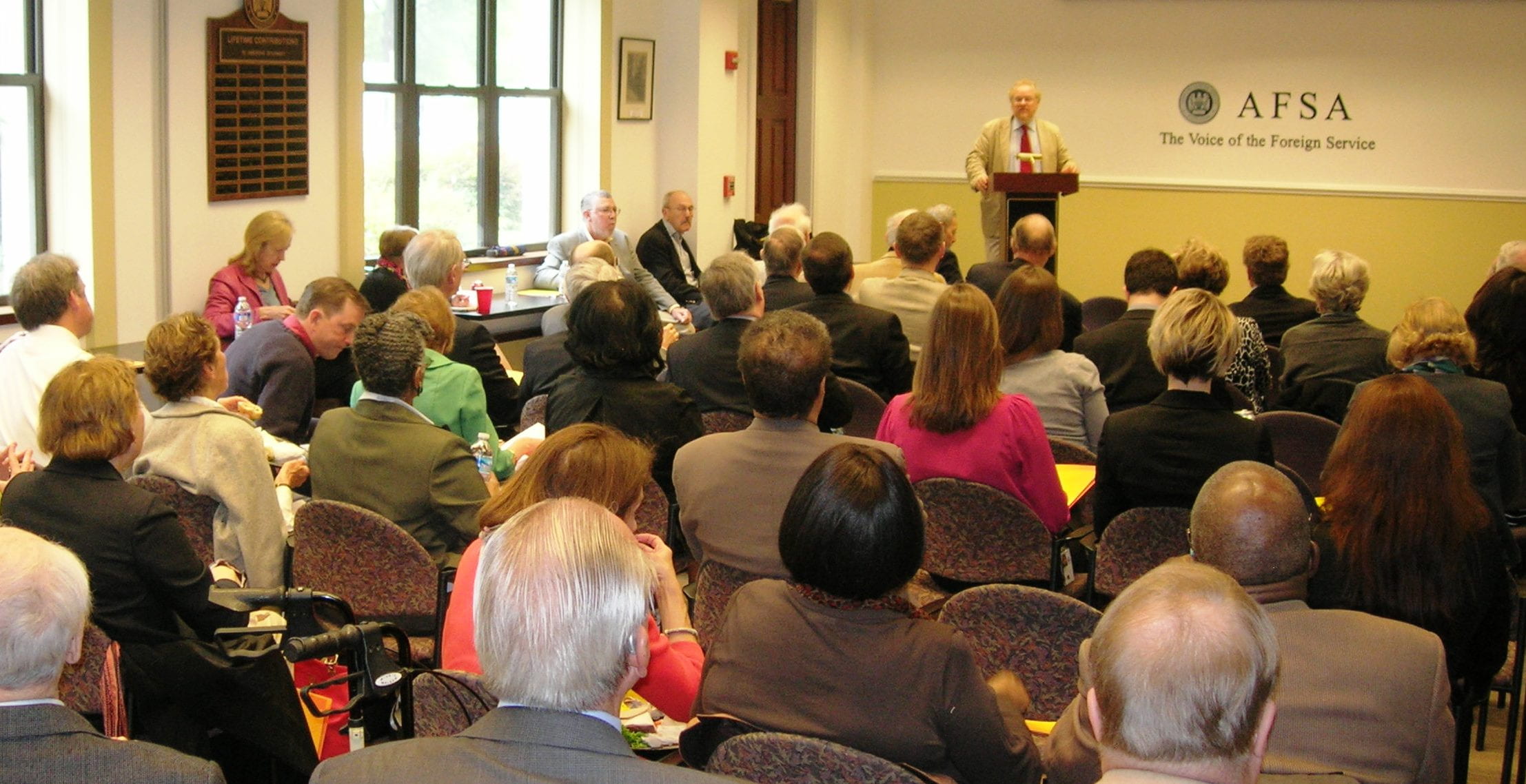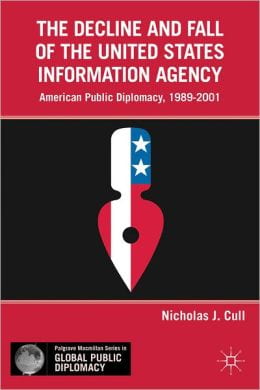 WASHINGTON – Successful deployment of soft power in the 21st century requires rethinking not only methods but also goals.
WASHINGTON – Successful deployment of soft power in the 21st century requires rethinking not only methods but also goals.
That was the message this week from Nicholas Cull, who spoke at a CCLP forum here this week. Cull, who directs the Masters Program in Public Diplomacy at USC, urged policy makers to shift from “winning hearts and minds” to a new framing, enabled and driven by social media.
“It is post-statecraft,” said Cull. “It’s not about ‘hearts and minds.’ It’s about relationships.”
And building relationships, Cull continued, does not mean winning or losing. People who are focused on winning in a relationship, he said, are usually people to be avoided.

Cull was in Washington to discuss his new book, “The Decline and Fall of the United States Information Agency: American Public Diplomacy, 1989-2001.”
Under USIA, Cull argued, there were extremely creative uses of technology in diplomacy; after USIA was absorbed into the Department of State, he said, that creativity was stifled.
One example from the USIA era that he cited involved connecting the warring factions on the island of Cyprus. Eventually they could communicate using American digital technology, he said, but the communications had to be routed all the way to the U.S. for relay via a computer at the University of Maryland.
Once USIA was folded into the State Department – and had to use its computers – there was what Cull described as “a terrible struggle” to update the computer system.
“Why do we need to send video?” was one of the core questions asked by people in State. The answer, said Cull, was not only that video was crucial to public diplomacy: video also needed to be used every day.
Cull’s remarks were at the monthly CCLP Washington DC lunch forum, presented in partnership with the USC Center on Public Diplomacy and the Public Diplomacy Council.
The next forum, on June 3rd, will be “All about eDiplomacy: from Tech Camps to the Virtual Foreign Service.”